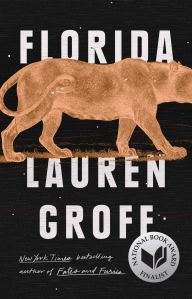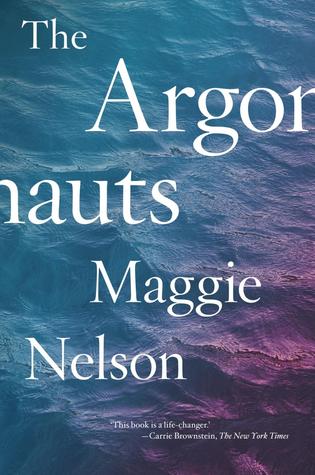 “Why are we here?”
“Why are we here?”
She counts on her fingers: “One, to help you learn French. Two, to do research on Guy, whom we all hate. Three, to get away from Florida in the summer because the heat makes me want to die.”
The Florida that we inhabit in Lauren Groff’s eleven short stories is one of dread, wildness and density. Brilliantly described as a ‘psychogeography’ by the New Yorker. One story follow a mother who paces the streets in the evenings, peering into the small aquariums of suburban life from the nunnery to a lone treadmill runner to a psychotherapist known to have cuckolded one of his patients. Later, the same character (I presume) takes her boys on a pilgrimage to Yport, France in vague search of where Guy de Maupassant comes from.
A woman stubbornly rides out a hurricane, drinking expensive wine and passing the night with visits from the ghosts of her past. All the while, the literal flotsam of her life hurls past her windowpane. Her best hen is rushed out from under the house, whipped up and past the window with only a fleeting glare from its reptilian eye, feathers freckling the ground the next day. The story is reminiscent of the start of the Wizard of Oz, when Dorothy watches her life pedal by as the house turns through the funnel of a tornado.
In another, two small girls, sisters, are abandoned on a remote island and lead an existence reminiscent of Swamplandia while a scrappy dog, leash flapping behind, flits in and out of the jungle. They tell each other stories, some actually once-upon-a-time / the-end stories, others half-truths about the unseen monkeys that live on the island, eating the last finger bananas.
So many of the stories feel like waking dreams. In another, a deaf man wakes up in a johnboat in the middle of a windless swamp only to discover the oars have fallen out of their gunwales.
“The water thickly hid its danger, but he knew what was there. There were alligators…. snakes, cottonmouths, copperheads, pygmies under the leaf rot at the edge of the lake. There was the water itself, superheated until it hosted flagellates that enter the nose and infect the brain, an infinity of the miniscule eating away.”
The story depicted on the cover is a nod to the woman isolated with her children, nursing a head injury while a panther prowls outside in the thick palmetto.
The stories also take us away far from Florida, to France and to Brazil, but they all carry a similar density and airlessness evocative of Florida’s oppressive humidity.

There is so much dread throughout. Sinkholes open indiscriminately. Hurricanes come faster and more frequent to blast the small animals, possessions, and wooden frames of Florida cracker houses across state lines to Georgia. Children born might be the last generation of humans. It’s the “midnight of humanity.”
The characters themselves make these casual, breathtaking observations. For example, here a father comments privately to his wife on the look his son gives them:
“He’s like a perfect windless pond. You throw something in just to watch it sink, and you’re going to see it on the bottom staring back at you for the rest of your life.”
The writing is unbelievably good, often reminding me of Marilynne Robinson.
“He tossed the snakes… high twisting parabolas into the swamp”
The corner of every story seems to have rot, a can of tuna, and the scraping leaves of a palmetto. There are baby sinkholes – manifest anxieties – where larger ones could be hollowing out the nearby limestone.
As you can tell, I like a metaphor! So these stories were 100 for me.
 This was an interesting one. The Argonauts is Maggie Nelson’s memoir (kinda) spanning an intense few years of her relationship with her partner, Harry Dodge, the birth of their first child Iggy, and the first years of motherhood. While she goes through intense bouts of IVF, then her first and second trimester of pregnancy, Harry is simultaneously transitioning, recovering from top surgery and flooded with testosterone. It would be fair to describe this as a love story.
This was an interesting one. The Argonauts is Maggie Nelson’s memoir (kinda) spanning an intense few years of her relationship with her partner, Harry Dodge, the birth of their first child Iggy, and the first years of motherhood. While she goes through intense bouts of IVF, then her first and second trimester of pregnancy, Harry is simultaneously transitioning, recovering from top surgery and flooded with testosterone. It would be fair to describe this as a love story.